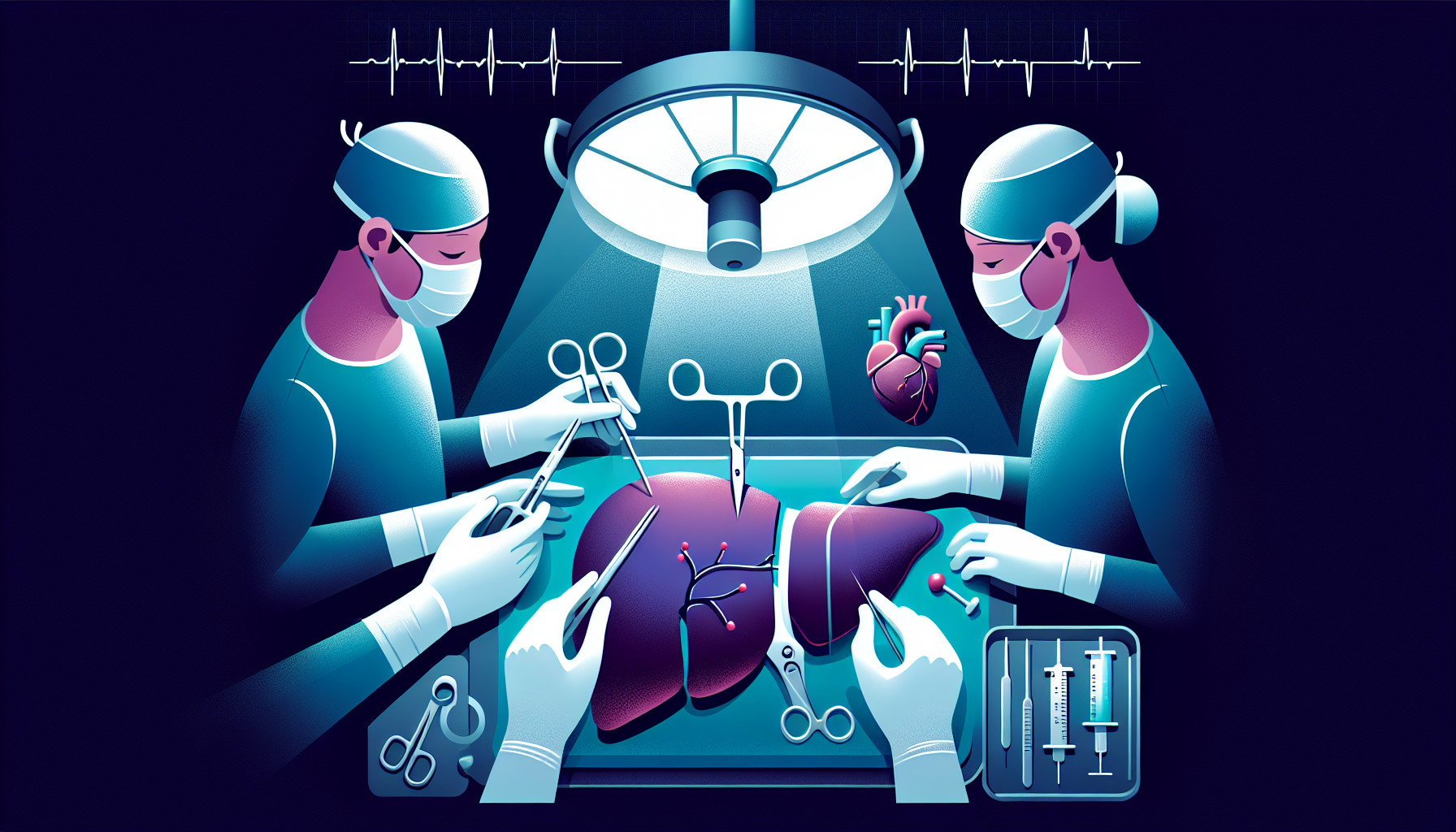Our Summary
This research paper reviews the financial aspects of liver transplants and what factors contribute to their cost. The study reveals that as the cost of these procedures continues to rise, hospitals are under pressure to find ways to increase their income and reduce expenses. Furthermore, with changes in public policies, these hospitals are receiving less money back for these procedures. The research concludes by emphasizing the importance of healthcare and business teams collaborating to manage costs and revenues effectively, considering the complex multi-payer system of transplantation and the increased demand for high-quality care.
FAQs
- What factors are contributing to the rising cost of liver transplants?
- How are public policies impacting the reimbursement for liver transplants?
- How can clinical and business teams work together to optimize costs and revenue in liver transplantation?
Doctor’s Tip
One helpful tip a doctor might tell a patient about liver transplant is to be proactive in understanding the financial aspects of the procedure. This could include working closely with the transplant hospital to explore potential financial assistance options, understanding insurance coverage, and discussing any potential out-of-pocket costs. Additionally, it is important to communicate openly with the healthcare team about any financial concerns or questions that may arise during the transplant process.
Suitable For
Patients who are typically recommended for liver transplant are those with end-stage liver disease or acute liver failure, who have exhausted all other treatment options and have a high likelihood of survival and improved quality of life post-transplant. These patients may have conditions such as cirrhosis, hepatitis, liver cancer, or genetic liver diseases. Transplant evaluation criteria also include factors such as overall health, ability to adhere to post-transplant care, and absence of significant medical or psychological contraindications.
Timeline
Before liver transplant:
- Patient is diagnosed with end-stage liver disease and is referred to a transplant center for evaluation.
- Patient undergoes extensive medical and psychological evaluations to determine if they are a suitable candidate for a liver transplant.
- Patient is placed on the national transplant waiting list and waits for a suitable donor liver to become available.
- Patient may experience worsening symptoms of liver disease, such as fatigue, jaundice, and fluid retention.
After liver transplant:
- Patient undergoes the liver transplant surgery, which can take several hours.
- Patient is closely monitored in the intensive care unit post-surgery for any complications.
- Patient is transferred to a regular hospital room once stable and continues to be monitored for signs of rejection or infection.
- Patient begins the recovery process, which includes physical therapy, medication management, and regular follow-up appointments with their transplant team.
- Patient may experience side effects from the anti-rejection medications, such as increased risk of infection and diabetes.
- Patient is advised to make lifestyle changes, such as following a healthy diet and avoiding alcohol, to protect their new liver.
- Patient may experience improvements in their overall health and quality of life following a successful liver transplant.
What to Ask Your Doctor
- What are the potential risks and complications associated with a liver transplant surgery?
- How long is the waiting list for a liver transplant and what factors determine my place on the list?
- What is the success rate of liver transplants at this hospital and what is the post-transplant care plan?
- How will my insurance coverage impact the cost of the transplant and post-operative care?
- Are there any alternative treatment options to a liver transplant that I should consider?
- How will my current medications and medical conditions affect the transplant process?
- What lifestyle changes will be necessary after the transplant surgery?
- How long is the recovery period after a liver transplant and what support services are available to assist in the recovery process?
- What are the long-term expectations and prognosis for a successful liver transplant?
- How can I best prepare myself mentally and physically for a liver transplant surgery?
Reference
Authors: Cook M, Zavala E. Journal: Curr Opin Organ Transplant. 2019 Apr;24(2):156-160. doi: 10.1097/MOT.0000000000000612. PMID: 30694991
